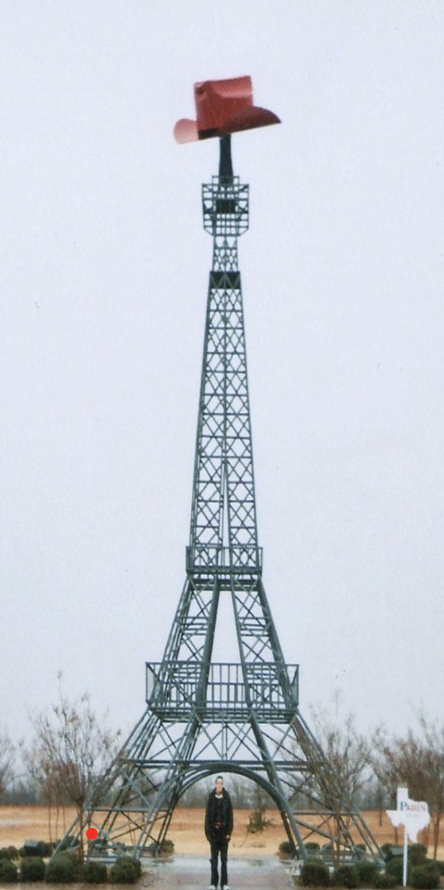By Priyanka Singh
Dear Amey, oddly enough, there are plenty of cities around the world which share the same name. It is quite a tedious task to find the real reason to know how a city got its name e.g., the capital city of India, New Delhi, has quite a history associated with its name. Let’s take a look –
- The most popular belief is that Raja Dillu, a king of the Mauryan dynasty, built a city in the first century BC and named it after him.
- According to the Bhavishya Purana, Prithviraj Chauhan built a fort in the Purana Kila, which was then called Indraprastha. The gateway to the fort was called Dehali. With time, Dehleez of Dehali, deconstructed into Dehli and colloquially (in spoken language) to Dilli.
- Another theory suggests that Delhi was earlier named Dhillika.
- In 1926, after years of deliberation, New Delhi was finally decided as the name of the capital city of India by the British. They had a few other choices to pick from i.e., Imperial Delhi, Raisina, Delhi South, etc.In comparison to the culturally rich Indian city there is also a small city named Delhi in Louisiana, United States, with a population of 3,500 (2010 census).Places often owe the origin of their names to their founders (Jamshedpur, named after JRD TATA), historical events (Mysuru – abode of Mahishasur, the demon king who could take the form of a human and a buffalo), or natural features like hills, waterbodies etc. (Kochi in Malayalam means small sea or lagoon).
| Aurangabad | Maharashtra | Bihar |
| Chamba | Uttarakhand | Himachal Pradesh |
| Hyderabad | Andhra Pradesh, India | Pakistan (named after Prophet Mohammad’s cousin) |
| Patna | Bihar, India | Scotland (William Fullarton, its founder, was born in Patna, India. |
| Kochi | Kerala, India | Japan |
| Salem | Tamil Nadu, India | Massachusetts, USA |
| Melbourne | Australia | Florida, USA |
| Sydney | Australia | Canada |
| Paris | France | Texas, USA |
| Naples | Italy | Florida, USA |

Image Credit: Benh Lieu Song


